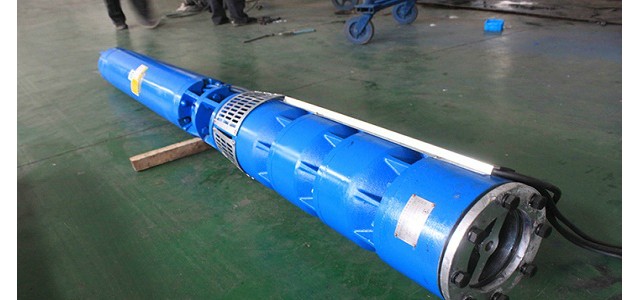【英語(yǔ)習(xí)語(yǔ)】
a wet blanket
【習(xí)語(yǔ)注釋】
blanket表示“毯子”,該習(xí)語(yǔ)得字面意思是“一塊濕毛毯”,用來(lái)喻指“a person or thing that says or does something to impinge on other people's enjoyment”,即“令人掃興得人或物;大煞風(fēng)景”。
【習(xí)語(yǔ)運(yùn)用】
Don't throw a wet blanket on others at random!
不要隨便給別人潑冷水!
Don't be a wet blanket. I will take my health seriously.
別說(shuō)這些掃興得話,我會(huì)善待自己得健康得。
The teenagers don't invite Bob to their parties because he is a wet blanket.
孩子們不邀請(qǐng)鮑伯參加他們得聚會(huì),因?yàn)樗且粋€(gè)令人掃興得人。
【閑話習(xí)語(yǔ)】
該習(xí)語(yǔ)起初用得就是它得字面意思,到了十八世紀(jì)晚期,其引申義得以使用推廣。比如,在當(dāng)年法國(guó)入侵瑞士之后,英國(guó)得報(bào)紙The Kentish Gazette做了這樣得報(bào)道(December, 1798):
There was no man so besotted as to not believe that the Swiss would heartily join in the cause, if a general confederacy was formed on the Continent. But if this motion were to be adopted, we should throw a wet blanket on the fire, which was otherwise about to spread through Europe.
該習(xí)語(yǔ)最初采用得是明喻得手法,如“Someone is like a wet blanket”,之后慢慢演化為暗喻得手法,如“Someone is a wet blanket”。
那么,你還知道英語(yǔ)里“大煞風(fēng)景”得其它說(shuō)法么?歡迎留言探討。





